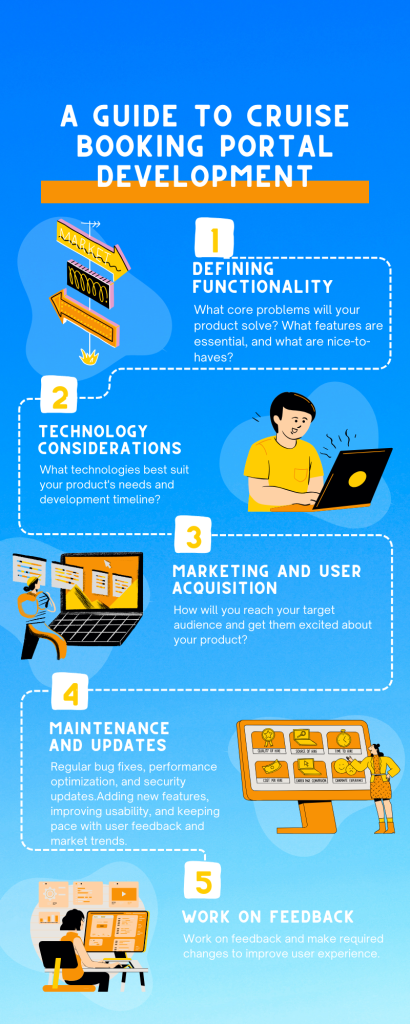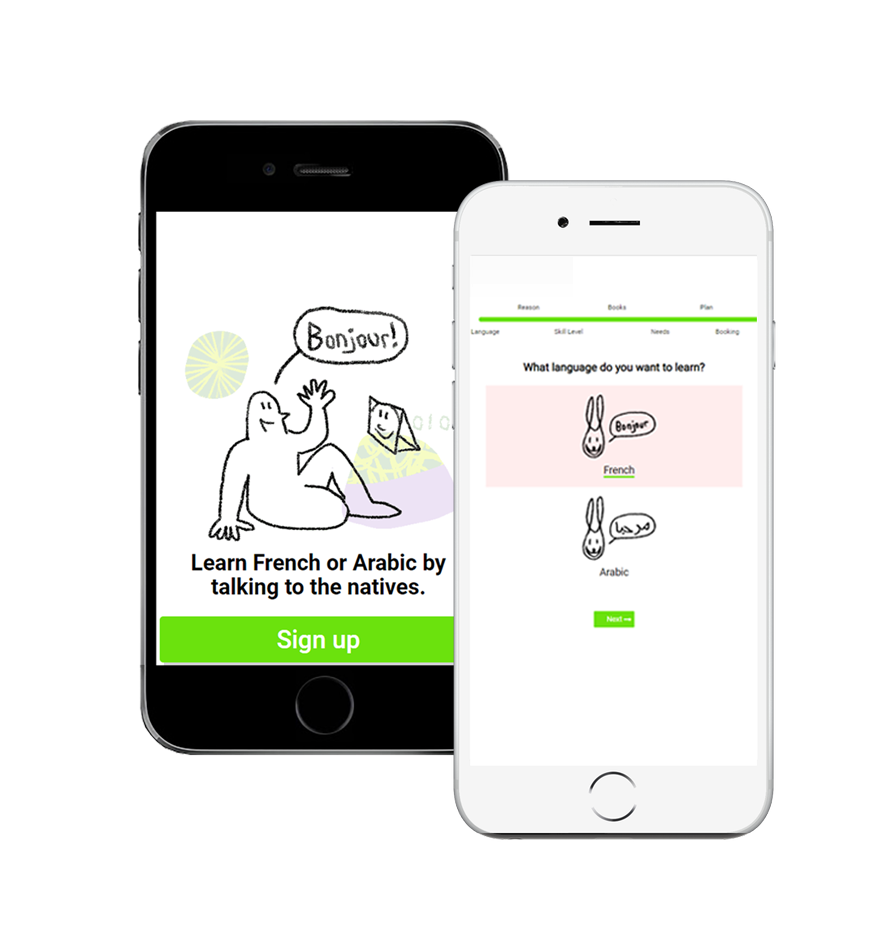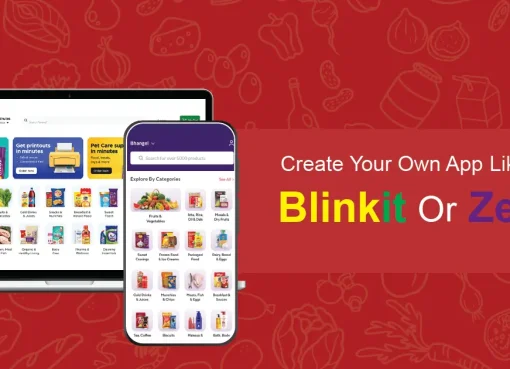The cruise industry continues to witness a surge in popularity, with travelers seeking luxurious escapes on the high seas. To capitalize on this growing trend, developing a user-friendly cruise booking portal can be a lucrative venture. This guide provides a comprehensive roadmap for building a successful platform that streamlines the cruise booking process for both travel agents and individual customers.
Table of Contents
Why Cruise Booking Portals Are Essential?
Simplifying the Search
In the past, researching and comparing cruises often involved contacting multiple travel agents or sifting through countless cruise line websites. Cruise booking portals eliminate this time-consuming process by aggregating information from various sources into a single, user-friendly platform. Travelers can easily search for cruises based on specific criteria, such as:
- Destination: Explore cruises to exotic locales like the Caribbean, the Mediterranean, or Alaska with just a few clicks.
- Departure Date: Find cruises that fit your schedule, whether you’re looking for a quick weekend escape or a longer adventure.
- Cruise Line: Compare offerings from different cruise lines to find the one that best suits your budget and desired experience (luxury, family-friendly, etc.).
- Ship Preference: For those with a particular vessel in mind, search by ship name to find specific itineraries and details.
- Price Range: Stay within your budget by filtering cruises within a defined price range.
- Desired Amenities: Prioritize the features that matter most to you, such as on-board entertainment, spa facilities, or specialty dining options.
This level of granular search functionality empowers travelers to quickly identify cruises that align perfectly with their vacation dreams.
Information at Your Fingertips
Cruise booking portals go beyond just search. They provide comprehensive information about each cruise, allowing you to make informed decisions before booking. This includes:
- Detailed Itineraries: Visualize your journey with clear outlines of each port of call, including estimated arrival and departure times.
- Interactive Deck Plans: Explore the layout of the ship, find your cabin category, and discover the locations of amenities with interactive deck plans. Some portals might even offer virtual tours for an even more immersive experience.
- Cabin Options Galore: View detailed descriptions and high-quality photos of different cabin categories (interior, ocean view, balcony, suite) so you can choose the accommodation that best suits your needs and preferences.
- Culinary Delights: Get a glimpse into the onboard dining experience with information on various restaurants, sample menus, and any dietary restriction options offered.
- Entertainment Extravaganza: Learn about the exciting onboard entertainment options, including live shows, music venues, movies, children’s activities, and any special events planned during the cruise.
With all this information readily available, you can confidently book your cruise knowing exactly what to expect.
Seamless Booking and Beyond
Gone are the days of lengthy phone calls and complicated paperwork. Cruise booking portals offer a streamlined booking process that allows you to:
- Securely Book Your Cruise: Select your desired cruise, cabin, and any additional options (shore excursions, beverage packages, etc.) with ease.
- Make Secure Payments: Integrations with secure payment gateways allow you to pay using major credit cards or other preferred methods with complete peace of mind.
- Manage Your Booking: Access a user-friendly dashboard to review your booking details, make changes (if allowed by the cruise line), and access your itinerary anytime.
These features make the entire booking process smooth and stress-free, allowing you to focus on the excitement of your upcoming adventure.
The Power of Reviews
Cruise booking portals leverage the collective wisdom of past passengers by incorporating customer review systems. Reading reviews allows you to gain valuable insights into the real-life experiences of others who have sailed on the same cruise. This can be particularly helpful in understanding aspects like service quality, onboard atmosphere, and the overall value for money. By considering both positive and negative reviews, you can make well-informed decisions that align with your expectations.
Read About: 9 Ways Travel Tech Boosts Agency Efficiency (And Saves You Time!)
Roadmap For Building A Booking Portal for Cruise

1. Defining Functionality and Target Audience
a) Functionality:
- Cruise Search: Your portal should offer a robust search engine allowing users to filter cruises by destination, departure date, duration, cruise line, ship name, price range, and desired amenities (e.g., spa, pools, on-board entertainment).
- Detailed Cruise Information: Provide comprehensive descriptions of each cruise, including itineraries, deck plans, cabin options with virtual tours, dining options, and entertainment offerings.
- Booking Management: Enable users to seamlessly book cruises, manage bookings, and make online payments securely.
- Travel Insurance Integration: Offer integration with travel insurance providers to allow users to purchase coverage directly through the portal.
- Customer Reviews and Ratings: Incorporate a review system for past passengers to share their experiences and influence future bookings.
b) Target Audience:
- Individual Travelers: Cater to independent travelers seeking a user-friendly platform to compare cruises and book directly.
- Travel Agents: Develop features specifically for travel agents, such as bulk booking capabilities, commission tracking, and access to exclusive deals.
2. Technology Considerations
a) Platform Selection:
- Custom Development: Building a custom platform offers complete control over design, functionality, and scalability. However, it requires significant investment in time and resources.
- Content Management System (CMS): Leverage a pre-built CMS platform with cruise-specific functionalities and templates for a quicker and more cost-effective solution.
- Ready-made Booking Engine: Integrate a pre-existing booking engine with your chosen platform for a streamlined booking experience.
b) Essential Technologies:
- Database Management System (DBMS): Choose a robust DBMS to store vast amounts of cruise data efficiently.
- Payment Gateway Integration: Integrate secure payment gateways to facilitate secure online transactions.
- Responsive Design: Ensure your platform is accessible and user-friendly across all devices (desktop, mobile, tablet).
3. Marketing and User Acquisition
- Search Engine Optimization (SEO): Implement SEO best practices to ensure your portal ranks high in search engine results for relevant keywords.
- Content Marketing: Create informative and engaging content (e.g., blog posts, destination guides) to attract potential customers and showcase your expertise.
- Social Media Marketing: Utilize social media platforms to build brand awareness, promote deals, and engage with potential customers.
- Travel Agent Partnerships: Collaborate with travel agents to expand your reach and benefit from their industry knowledge.
4. Maintenance and Updates
- Regular Content Updates: Keep your cruise listings current with the latest itineraries, promotions, and ship information.
- Security Updates: Proactively implement security updates to safeguard user data and maintain trust.
- Performance Monitoring: Continuously monitor your platform’s performance and user experience to identify and address any issues.

Conclusion:
The cruise industry is charting a course for continued growth, and travelers are eager to set sail on unforgettable adventures. By following the steps outlined in this guide, you can develop a user-friendly cruise booking portal that streamlines the process for both individual travelers and travel agents.
This comprehensive roadmap equips you with the knowledge to define your target audience, choose the right technology platform, implement essential functionalities, and develop a robust marketing strategy. Remember, a successful portal prioritizes user experience with a powerful search engine, detailed cruise information, a seamless booking process, and valuable insights from past passengers.
By leveraging these elements, you can create a platform that empowers travelers to navigate the exciting world of cruises with confidence and ease. Here at HashStudioz Technologies, we understand the intricacies of the cruise booking landscape. We offer comprehensive booking engine development services to help you build a successful portal that sets sail for profitability.
Let HashStudioz Technologies be your partner in creating a cruise booking experience that goes beyond expectations. Contact us today to discuss your vision and turn it into reality.




